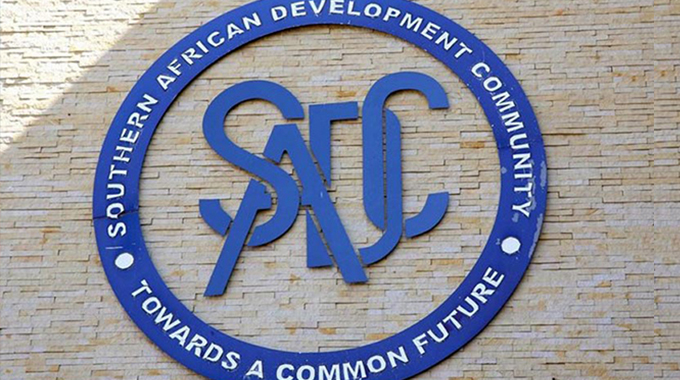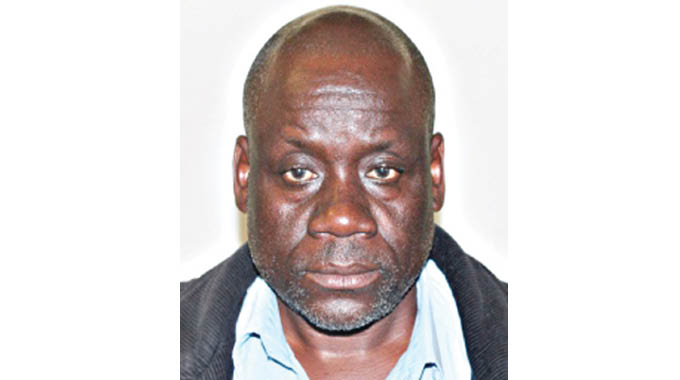Letters to the Editor: Unpacking Zimbabwe’s new Foreign Policy thrust

Innocent Madonko, Editor
KEEN to take its rightful place in the community of nations and position its economy on a path towards prosperity, Zimbabwe has adopted a foreign policy that will see it strengthen existing relations with its traditional allies in the Sadc region, the wider African Union and those in the Far East while exploring new frontiers in Europe and North America.
After close to two decades of isolation, the New Dispensation is aggressively courting the world and the mantra is: “We have no permanent friends or enemies, just permanent interests”.
To this end, the country is pursuing both economic and transactional diplomacy as it moves to unlock potential in its vast natural resources and leverage on its new thrust to attract Foreign Direct Investment, open new markets, lure tourists and tap into the technological advancement of other nations to develop its industries and other key infrastructure.
Ambassadors (both old and new) posted to different stations around the world have a clear mandate — implement economic diplomacy to lure investors to the country by marketing Zimbabwe as an ideal destination. With clear benchmarks and targets, the Ministry of Foreign Affairs and International Trade under Dr Sibusiso Moyo will evaluate them based on the business they bring back home.
In a marked departure from the past, The Second Republic under President Mnangagwa has prioritised re-engagement with countries that Zimbabwe used to have cordial relations with in an effort to shed off its pariah status and improve its image.
This is important not only for optics but the greater task of attaining an upper middle income economy by 2030 premised on a US$3 500 per capita. While the re-engagement process may appear to be taking too long to bear fruits, tremendous progress has been made behind the scenes particularly with the European Union which Zimbabwe regards as a soft target in terms of penetration given the historic ties and the crucial role Britain (which is on the cusp of Brexit) will play in resetting relations.
Next month, high level meetings will resume between the EU and Zimbabwe to upgrade relations. Concurrently, the United Kingdom will be tying up a trade deal with Zimbabwe before leaving the EU on October 31 and this bodes well for Harare.
Reports at the weekend indicated that Zimbabwe has begun the process of ratifying a bilateral trade agreement signed with Britain, as Harare moves to fully join other countries lined up by London, in its economic link plan under the Brexit bid.
Britain’s departure from the EU means it cannot trade with countries under the current Eastern and Southern Africa (ESA) — EU Economic Partnership Agreement. Britain’s agreements with individual countries pave way for its post-Brexit trade.
Recently, South Africa, Botswana, Namibia, Eswatini, Lesotho and Mozambique signed the ESA-UK trade deal as the European economic giant moves to secure its economic interests ahead of its departure from the 28-member European Union. Foreign Affairs and International Trade secretary Ambassador James Manzou said the agreement included issues on trade relations and free movement of goods.
“Britain is planning on exiting the European Union. Zimbabwe and other East and Southern African countries are signatories to a partnership agreement with the EU called the EU-ESA agreement.
“Now that Britain is pulling out of the EU, it means the EU-ESA can no longer trade with them under the terms of that agreement. However, our trade agreement with the rest of the EU continues under the terms of the EU-ESA agreement. “This now means there is a need for a separate agreement for countries such as Zimbabwe to continue to trade with the UK.”
Added ambassador Manzou: “The UK put forward a draft partnership agreement which is similar to the EU-ESA agreement so that countries like ours can continue to trade with the UK. It is our practice that when an agreement has been signed, it has to be ratified. At the moment, Zimbabwe is going through the ratification process.”
On the US which has seemingly hardened its stance, Zimbabwe is still talking to President Donald Trump’s administration even if there are disagreements.
While they may appear to be intransigence on the part of some right wing Senators and Congressmen behind the Zimbabwe Democracy and Economic Recovery Act, some American companies are actively pursuing business opportunities in the country and these include General Electric which is involved in the Batoka Gorge hydro-electric project.
Zimbabwe has also roped in lobbyists in Washington to accelerate the push to convince the Americans that Zimbabwe has indeed changed from the previous era under former President Robert Mugabe.
A breakthrough in relations with the US is important as ZDERA is a stumbling block to unlocking capital from international finance institutions. It also impedes the work of Finance and Economic Development Minister Professor Mthuli Ncube, who is seized with normalising relations with the International Monetary Fund, the World Bank and other global multilateral institutions.
Notable progress has been made on the IMF Staff Monitored Programme and as at end June 2019, Government had met 4 out of 6 quantitative targets set by the IMF.
Successful implementation of the SMP, in conjunction with key reforms in the Transitional Stabilisation Programme, will enhance development partners and creditors support. The strong support from creditors will be crucial for the rapid implementation of a comprehensive arrears clearance and debt relief programme for Zimbabwe.
So as the country forges ahead with its two-pronged strategy of economic and transactional diplomacy, it is important to locate the role of ordinary Zimbabweans in this thrust. Every citizen of this country has a role to play because each time they step out of the country, they automatically become ambassadors of Zimbabwe.
Whatever they say or do has a bearing on the image of their country. This also applies to those in the Diaspora. Meanwhile, the re-engagement process continues full throttle with President Mnangagwa leading the charge.
To illustrate the marked departure from the past when Zimbabwe was pigeon holed in its foreign relations, President Mnangagwa has accepted an invitation from Israel to visit that country, heralding a new chapter in relations.
The President met Israeli Foreign Affairs Minister Mr Israel Katz on the sidelines of the 74th United Nations General Assembly (UNGA) in New York last month where the two countries agreed to rekindle relations. Posting on his Twitter handle, Mr Katz said the meeting with President Mnangagwa was a sign of a new chapter in relations between Zimbabwe and Israel.
“During my visit to the #UNGA, I met and shook hands with Zimbabwean President Emmerson Mnangagwa and invited him to visit Israel.
“This was the first high level meeting between Israeli and Zimbabwean officials for over 20 years. A sign of a new chapter in our relations,” he said.
To give perspective to this development, the ruling Zanu-PF party has always supported the Palestinian Liberation Organisation (PLO) in its ongoing fight with Israel.
However, according to the New Dispensation, the historic ties cannot stop Zimbabwe from pursuing bilateral ties with Israel which boasts of a modern economy underpinned by technological innovation. Zimbabwe’s interests come first, always.











Comments